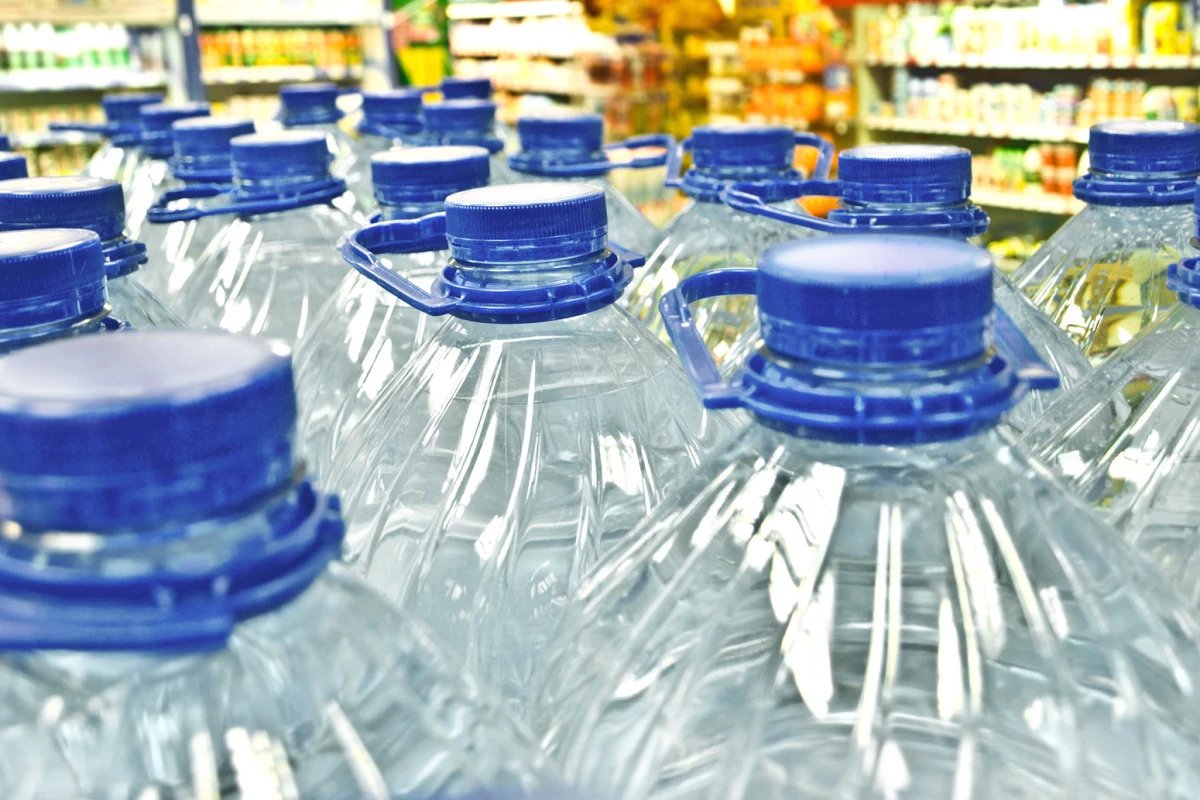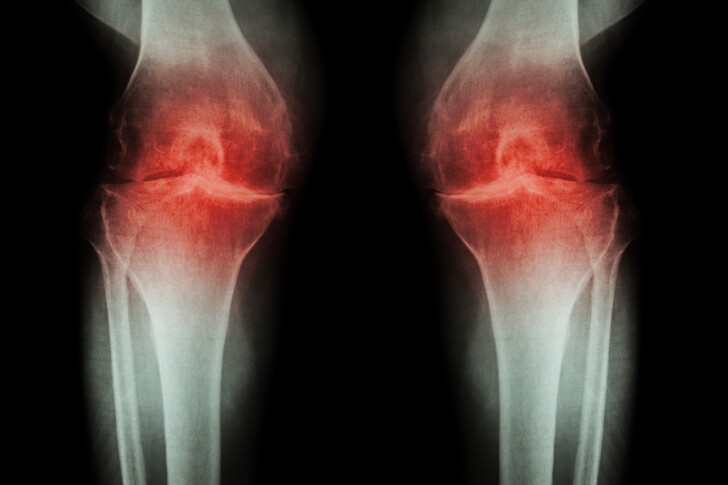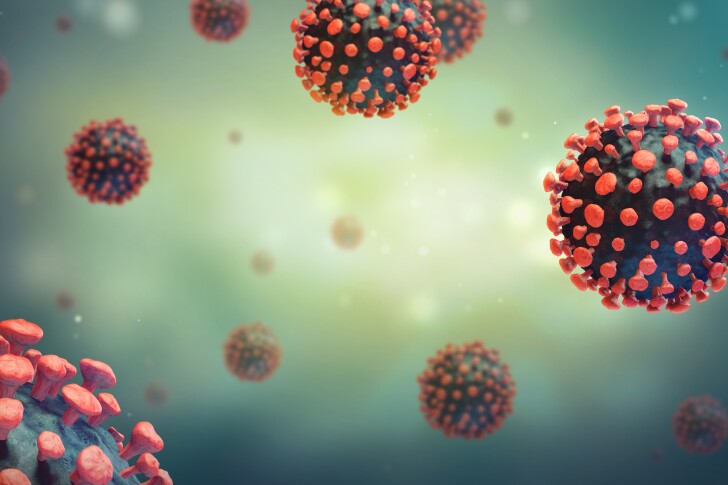Scientists have studied the chemical components of everyday plastics such as drink bottles, and found that many contribute to fat cell development in mice. Depositphotos
–
Further, research has started to shed light on the ways this might impact our health. This includes studies showing how microplastics can alter the shape of human lung cells and infiltrate the blood brain barrier in mice, and other studies linking plastic chemicals to high cholesterol, heart disease and damage to brain cells. Meanwhile, research has found as much as 93 percent of bottled water contains plastic particles.
Adding to this growing pool of knowledge around these effects on human physiology is a new analysis of the chemical components in everyday plastics, many of which can leach from plastics under real-world conditions. Scientists looked at 34 typical plastic products, such as yoghurt containers, kitchen sponges and drink bottles, and discovered more than 55,000 chemical components within them, 629 of which they managed to identify. Eleven of these products are already known to interfere with our metabolism, as so-called “metabolism disruptors.”
Interestingly, through experiments on mice, the scientists found one third of the chemicals in these products caused the development and proliferation of fat cells, far more than the 11 already known to induce such effects. This indicates that there are other chemicals in plastics that have the capacity to reshape the way our body stores fat.
“It’s very likely that it is not the usual suspects, such as Bisphenol A (BPA), causing these metabolic disturbances,” said Johannes Völker, first author of the study. “This means that plastic chemicals other than the ones we already know could be contributing to overweight and obesity.”
The research was published in the journal Environmental Science & Technology.
Source: Norwegian University of Science and Technology
–
















Please keep comments to less than 150 words. No abusive material or spam will be published.
–
–
–
–
–
–
So, it’s not as simple as ‘all plastics are evil’. Everything in life is risks vs benefits. Of those 55,000 chemicals detected, I expect that most will probably turn out to be safe at the levels encountered. Some might even prove to be beneficial at the amounts encountered.
–
–
Hopefully, researchers ahve been looking for evidence of effects of our exposures to plastics, rather than the slanted perspective you put on their efforts and motives.
The research is not looking only at end life plastics, but at all of the fresh plastics that our food and other contact products are packaged in. Suggesting everything harmful will ahve leached out ignores the real process of leaching i.e. it is a slow and continual process (albeit with reducing concentrations).
Until we know the real effects of plastics we should keep an open mind about them and reduce our exposure to those products and chemicals most suspect or risky.
Boosterism of “risk free” plastics is not really credible given the evidence already discovered.
–
–